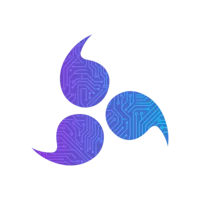Anthropic Releases Claude Opus 4.1
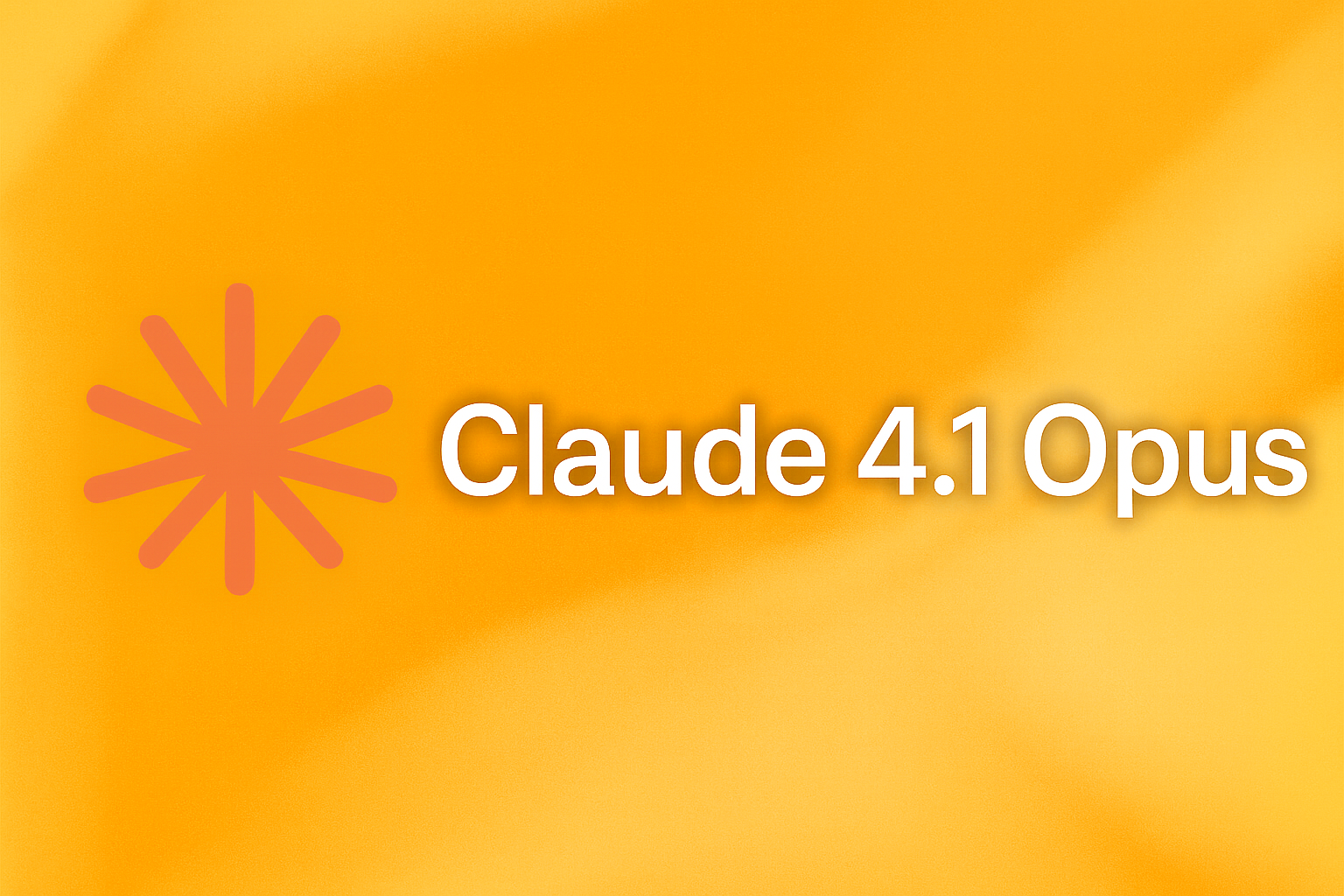

Reed Vogt
Co-Founder & CEO, Artifact
Anthropic has announced the release of Claude Opus 4.1, marking a significant advancement in artificial intelligence capabilities for coding, reasoning, and agentic task execution. This latest iteration builds upon the foundation of Claude Opus 4, delivering substantial improvements that position it at the forefront of AI-powered development tools.
Revolutionary Coding Performance
The standout achievement of Claude Opus 4.1 is its exceptional performance on SWE-bench Verified, reaching an impressive 74.5% success rate. This benchmark specifically tests AI models' ability to solve real-world software engineering problems, making it a crucial metric for evaluating practical coding capabilities.
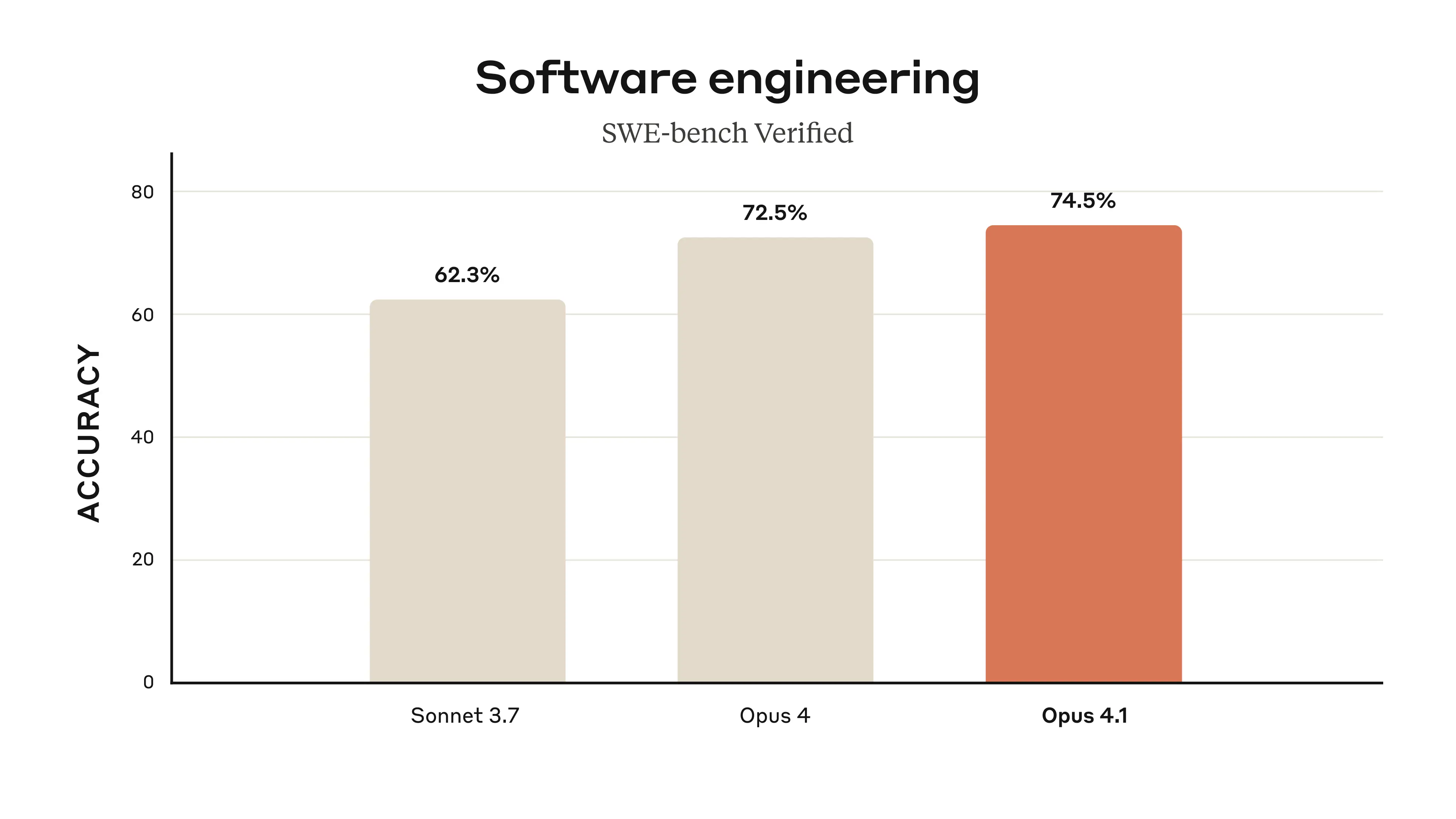
Beyond raw performance metrics, Claude Opus 4.1 demonstrates enhanced capabilities in research and data analysis, particularly excelling in detail tracking and agentic search operations. These improvements make it an invaluable tool for developers working on complex, multi-faceted projects.
Industry Recognition and Real-World Impact
Leading technology companies have already recognized the transformative potential of Claude Opus 4.1. GitHub has noted significant improvements across most capabilities compared to Opus 4, with particularly notable performance gains in multi-file code refactoring – a critical skill for modern software development.
Rakuten Group's development teams have praised Opus 4.1's precision in identifying exact corrections within large codebases. The model's ability to make targeted improvements without introducing unnecessary changes or bugs has made it their preferred choice for everyday debugging tasks, highlighting its practical value in production environments.
Windsurf has reported that Claude Opus 4.1 delivers a one standard deviation improvement over Opus 4 on their junior developer benchmark, representing a performance leap comparable to the significant jump from Sonnet 3.7 to Sonnet 4.
Comprehensive Benchmark Excellence
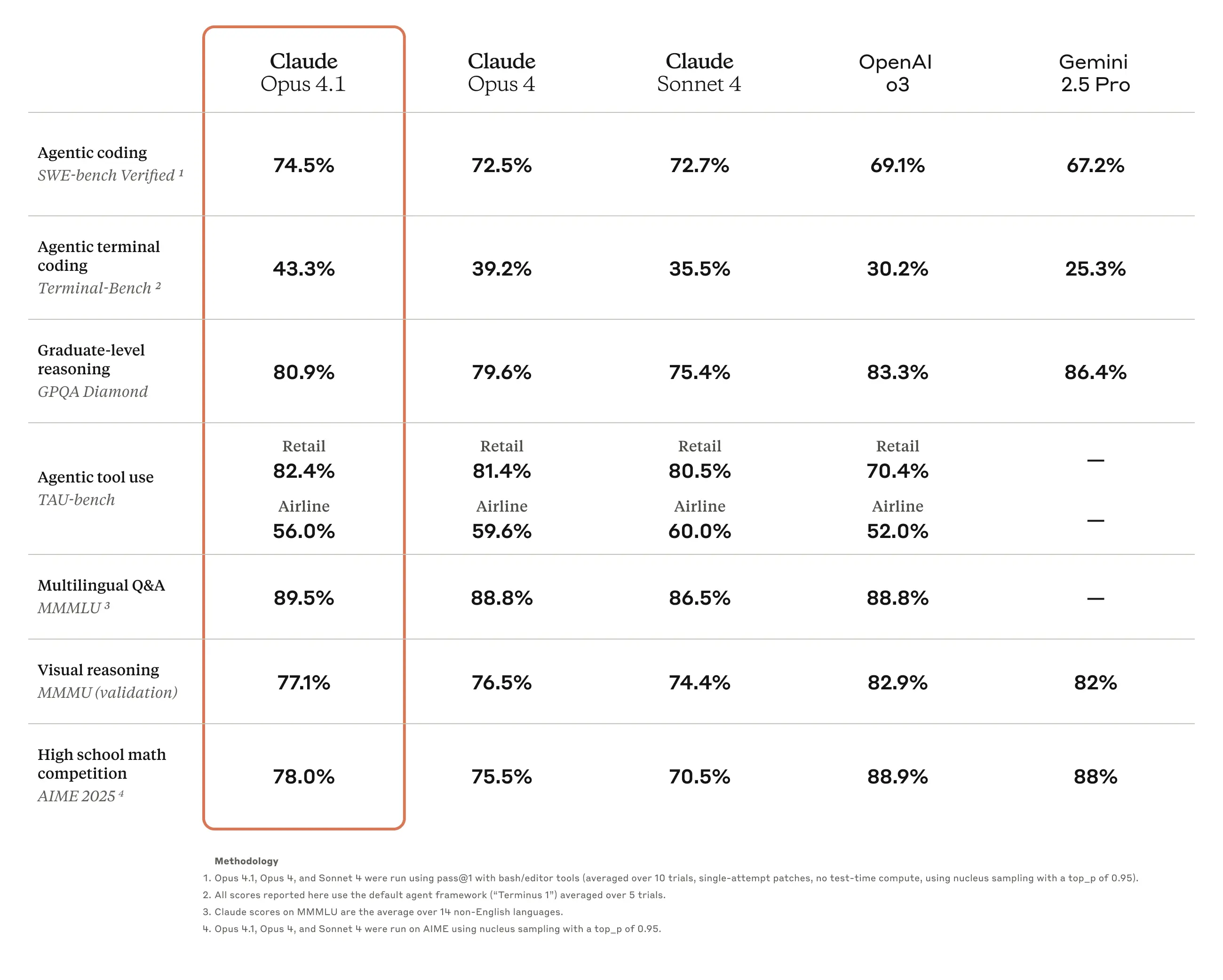
The performance improvements extend far beyond coding tasks. Claude Opus 4.1 showcases exceptional results across various benchmarks, including TAU-bench for agentic tasks, GPQA Diamond for scientific reasoning, MMMLU for general knowledge, MMMU for multimodal understanding, and AIME for mathematical problem-solving.
These comprehensive improvements demonstrate Anthropic's commitment to developing AI systems that excel across diverse domains, from technical programming challenges to complex reasoning tasks that mirror real-world applications.
Availability and Integration
Claude Opus 4.1 is immediately available to paid Claude users and through Claude Code. Developers can access the model via Anthropic's API using the identifier 'claude-opus-4-1-20250805', as well as through Amazon Bedrock and Google Cloud's Vertex AI platform.
Importantly, Anthropic has maintained the same pricing structure as Opus 4, ensuring that users can benefit from these significant improvements without additional cost barriers. This approach reflects the company's commitment to making advanced AI capabilities accessible to a broad range of users and organizations.
Looking Forward: The Future of AI Development
The release of Claude Opus 4.1 represents more than just an incremental update – it signals a new phase in AI-assisted development where models can handle increasingly complex, real-world programming challenges with human-level precision and insight.
Anthropic has indicated that this release is just the beginning, with plans to introduce substantially larger improvements to their models in the coming weeks. This roadmap suggests an accelerating pace of AI advancement that could fundamentally transform how we approach software development and complex problem-solving.
For developers, researchers, and organizations looking to leverage cutting-edge AI capabilities, Claude Opus 4.1 represents a significant step forward in the evolution of AI-powered tools. Its combination of superior coding performance, enhanced reasoning capabilities, and practical real-world application makes it an essential resource for modern development workflows.
Related Articles
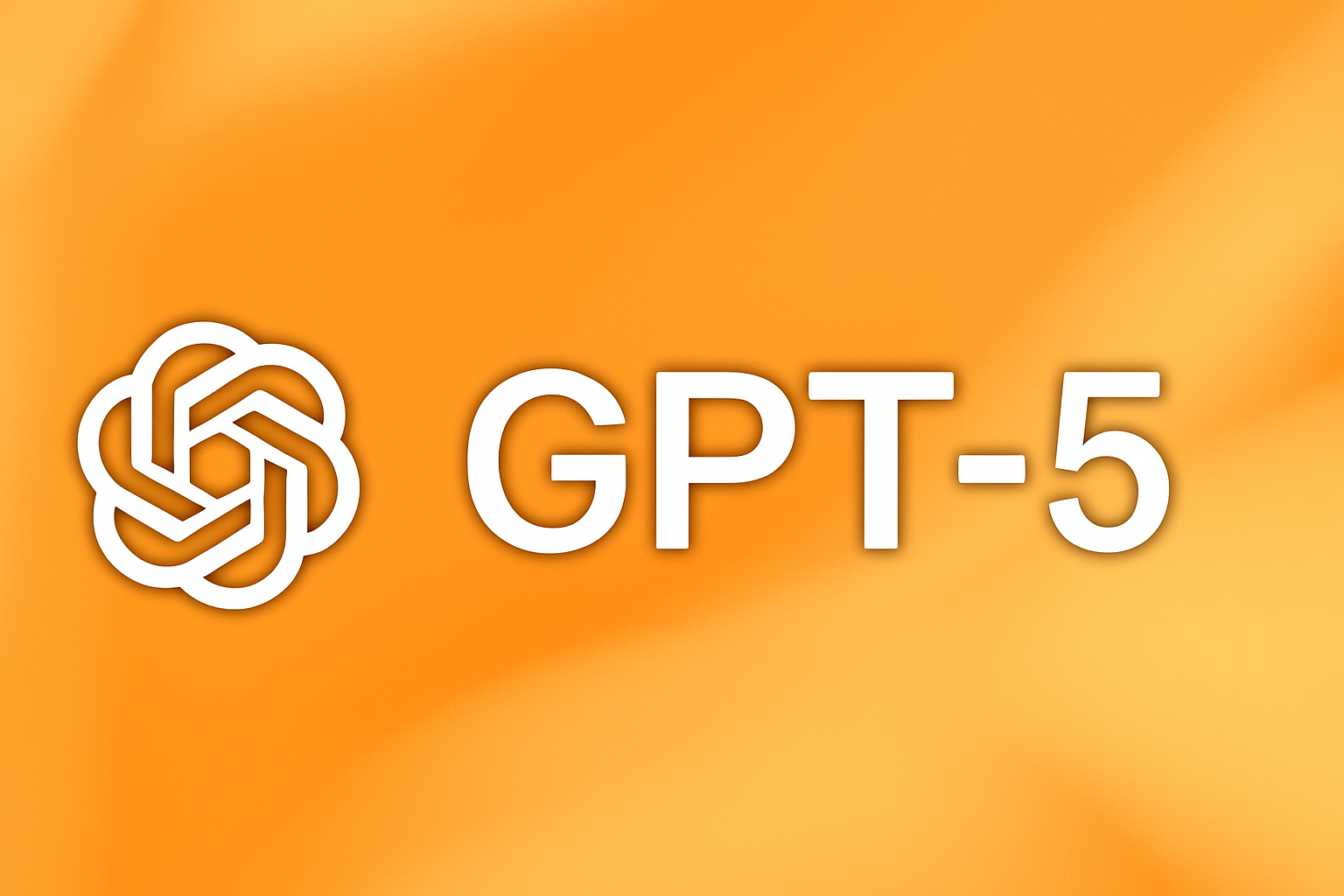
Introducing GPT-5
Our smartest, fastest, most useful model yet, with built-in thinking that puts expert-level intelligence in everyone's hands. GPT-5 is a significant leap in intelligence over all our previous models, featuring state-of-the-art performance across coding, math, writing, health, visual perception, and more.
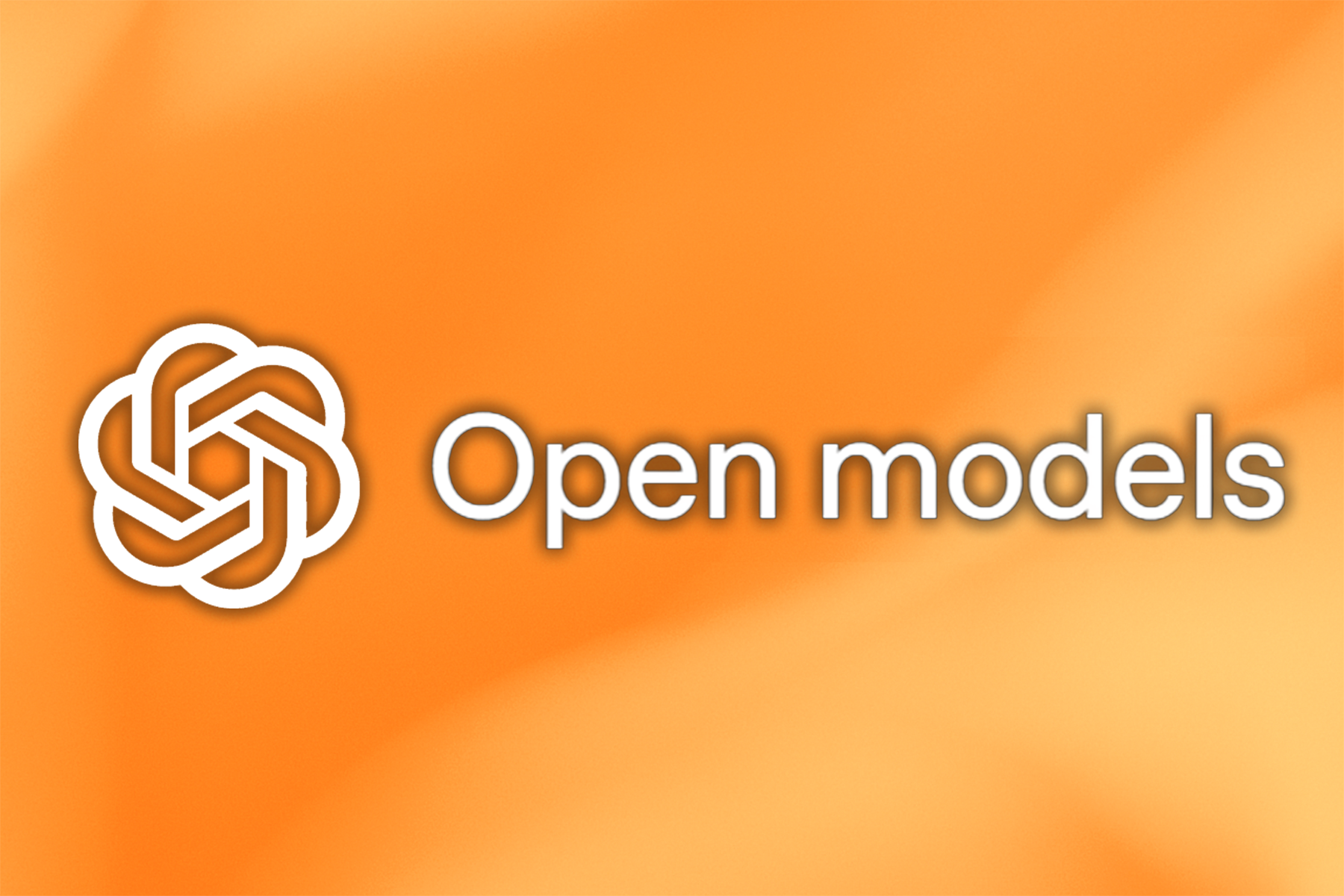
OpenAI Releases Open Source gpt-oss
OpenAI unveils gpt-oss-120b and gpt-oss-20b, two groundbreaking open-weight language models that push the boundaries of reasoning capabilities while maintaining strong safety standards.
